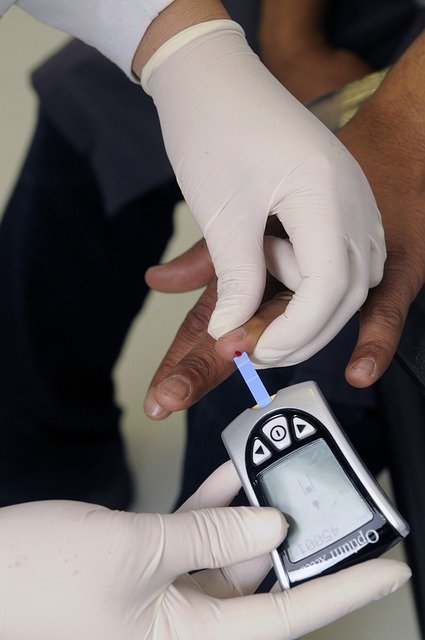Understanding Depression Tests: Types, Benefits, and Professional Assessment Options
Depression screening tools help medical professionals and individuals assess symptoms of depression and related mental health conditions. These standardized questionnaires evaluate mood, behavior patterns, and emotional well-being to guide diagnosis and treatment decisions. While these tests cannot replace professional diagnosis, they serve as valuable initial assessment tools in mental healthcare.

What is a Depression Test and How Does it Work?
A depression test consists of structured questions about emotional state, daily activities, and behavioral changes over a specific period. These assessments typically use rating scales to measure symptom severity and frequency. Common elements include questions about sleep patterns, appetite changes, energy levels, and thoughts about self-worth. Healthcare providers use these responses to evaluate potential depression indicators and determine appropriate next steps.
Different Types of Depression and Anxiety Tests
Several validated assessment tools address various aspects of mental health. The Patient Health Questionnaire-9 (PHQ-9) specifically screens for depression symptoms, while the Generalized Anxiety Disorder-7 (GAD-7) focuses on anxiety indicators. Combined depression and anxiety tests, such as the Hospital Anxiety and Depression Scale (HADS), evaluate both conditions simultaneously, recognizing their frequent co-occurrence.
Understanding Bipolar Depression Screening
Bipolar depression screening differs from standard depression tests by including questions about manic or hypomanic episodes. The Mood Disorder Questionnaire (MDQ) and Bipolar Spectrum Diagnostic Scale (BSDS) help identify potential bipolar disorder symptoms. These specialized assessments look for patterns of mood elevation and depression cycles characteristic of bipolar conditions.
Depression Tests Designed for Teens
Teen depression tests account for age-specific factors and developmental stages. These assessments often include questions about school performance, peer relationships, and family dynamics. The Kutcher Adolescent Depression Scale (KADS) and the Reynolds Adolescent Depression Scale (RADS) are specifically designed to evaluate depression symptoms in adolescents.
Professional Assessment and Testing Options
Mental health professionals utilize various depression screening tools in clinical settings. Below is a comparison of commonly used assessment methods:
| Assessment Type | Provider Setting | Key Features | Typical Duration |
|---|---|---|---|
| Clinical Interview | Mental Health Professional | In-depth discussion, personalized assessment | 45-60 minutes |
| PHQ-9 | Primary Care/Mental Health | Quick screening, severity measurement | 5-10 minutes |
| HADS | Hospital/Clinical Setting | Anxiety and depression evaluation | 10-15 minutes |
| MDQ | Psychiatric Care | Bipolar disorder screening | 5-10 minutes |
| Teen-Specific Tests | School/Clinical Setting | Age-appropriate assessment | 15-20 minutes |
Professional assessment costs vary by provider and location. Insurance coverage and sliding scale fees may be available.
Prices, rates, or cost estimates mentioned in this article are based on the latest available information but may change over time. Independent research is advised before making financial decisions.
This article is for informational purposes only and should not be considered medical advice. Please consult a qualified healthcare professional for personalized guidance and treatment.




